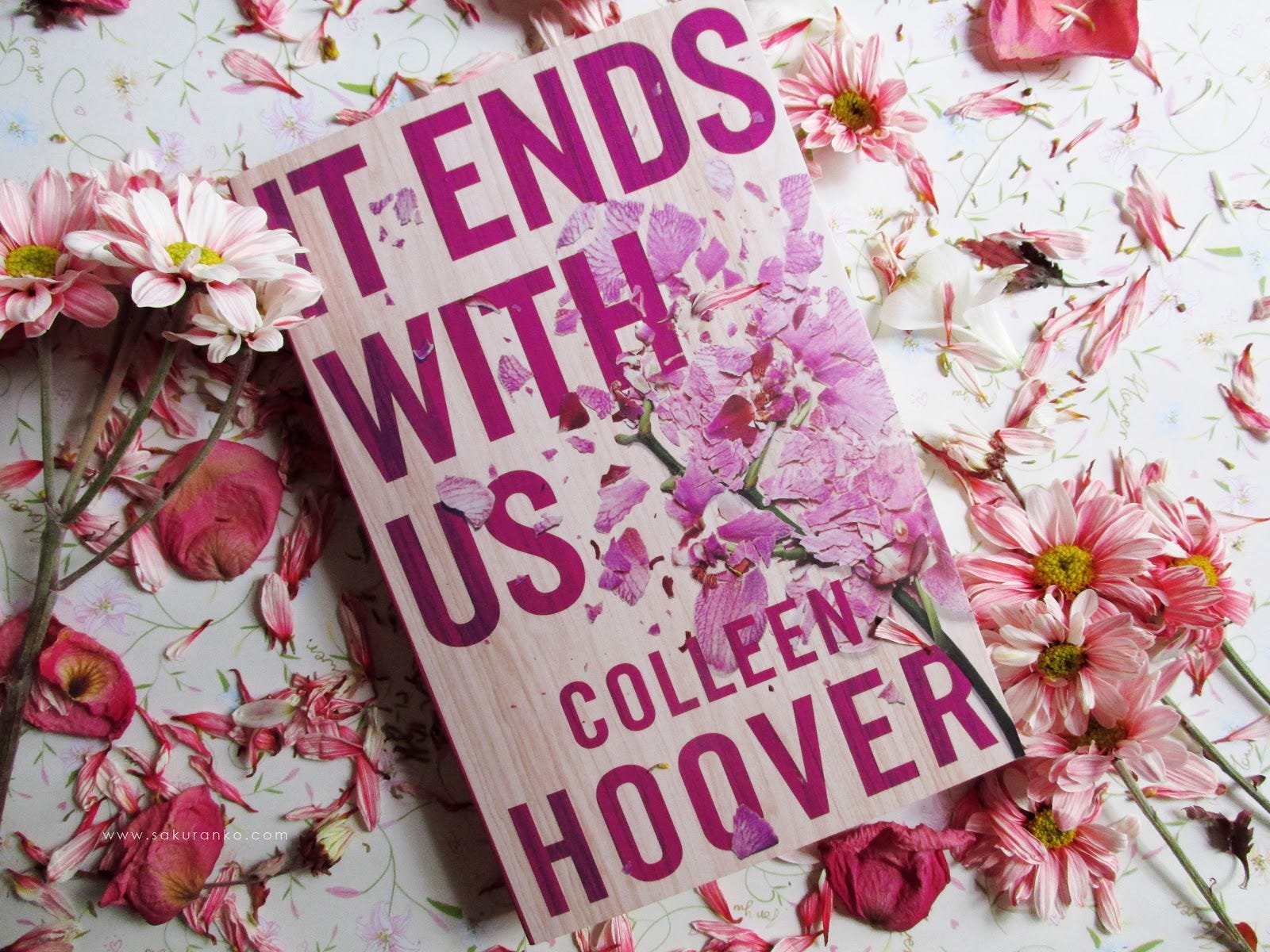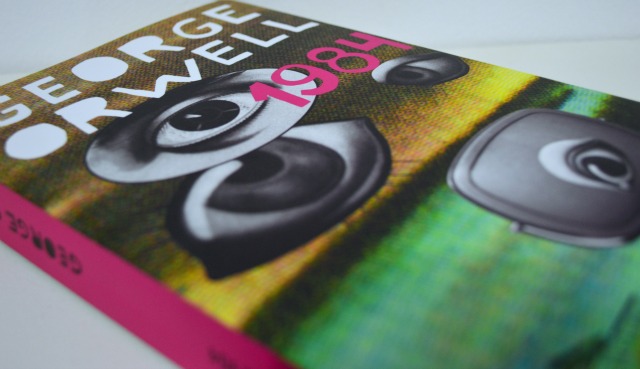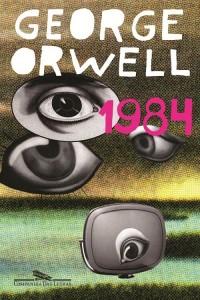I can’t believe we reached the last post of this semester! It was such a great experience discussing my readings, and hopefully, encouraging those who read this blog to read too. For this last post, I could not NOT talk about Stephen King’s book, “If It Bleeds”, a book that surprised me in the best way. Thank you for sticking with me this semester, see you all soon!
From the master of terror, a new collection of short stories that will take readers to terrifying moments of life … and death. Brilliant in short narratives, King has already written some short stories that have become successful around the world In this book, as well as in Four Seasons and Total Darkness without Stars, he creates a unique and exciting collection, demonstrating once again why he is considered one of the greatest storytellers of all time. This is a book about love, friendship, talent, and justice … in its most distorted forms. If It Bleeds, Stephen King brings together four stories with intelligent and complex protagonists, who have their common life transformed by some inexplicable element.
If It Bleeds, brings Stephen King’s writing in four unpublished short stories, assembled in a copy with a cover that, in my opinion, is brilliant and matches perfectly with the book, full of intelligent, complex characters and whose lives undergo great transformations, many of them involving that macabre element characteristic of the author.
The stories will take the reader to terrifying moments of life and death. In short narratives, King provokes waves of horror in his lines, as well as in his novels, reminding the audience that he is one of the greatest storytellers of all time. Involving friendship, love, talent, and justice. If It Bleeds specializes in the distorted form of these existential issues by presenting its protagonists with the worst and the best in them.
I’m not sure if I was expecting what I found in If It Bleeds, but I ended up being surprised by each story. That said, I believe that many of King’s narrative qualities are in this work. It is coherent, well structured, and does not get lost, something that I notice a lot in the author’s larger books, in which the ending often disappoints. Perhaps here, because it is smaller and less verbose, the text is coherent and far from boring. It is undoubtedly the sum of two great factors: an incredible writer and the agility of short narratives.
When I think about which one I liked the most, I end up in a cruel doubt. They are different characters from each other and this in terms of age and experience, so it is difficult to compare them and choose only one. Each narrative brings the despair of death, turning the lives of the protagonists, be it a relative or friend, it is possible to infer that we are much more influenced throughout our existence by what we lose and not by what we gain.
The first short story, “Mr. Harringan’s Telephone,” tells of the friendship between a boy named Craig and the old man he serves, Mr. Harrigan. When death comes to his great friend, Craig makes a decision that also changes his trajectory. It is exciting, engaging, and shows us when we should stop with something that affects our lives and the memory of those who are gone.
“Chuck’s Life” is the second short story in the collection and was divided into three parts, following a narrative flow backward, narrating the story of two people who love each other, but, over time, become hated and fight against each other. This was the most confusing, but this is not bad, because when I faced the end, it took me a few minutes to recover from the shock. It is a story that speaks a lot about the small details of life and that makes all the difference.

“If It Bleeds”, the same title as the book is the third short story and begins by narrating a tragedy within a primary school. With many deaths and children injured after the bombing, Detective Holly decides to investigate something that caught her attention on the news. This is where a huge police thriller begins. It is a trajectory that speaks volumes about the cruelty of man, about innocent lives lost, and, mainly, about all the bad news with which we are massacred daily and how we deal with it.
Finally, the last story, entitled “Rat”, introduces us to a writer named Bill, which has already made me excited about reading. A failed writer, a single published short story, and a mental breakdown after trying to write a new book. In fact, I identified myself with every moment of exhaustion that filled Bill’s mind and physique. It talks a lot about the price we pay to be successful and how much it really is worth.
I am far from being an expert in King’s work, but from the small read bag I carry from the author, this was one of the most fun, besides, of course, agile and without exaggeration, which seems to be a common feature in his novels. If I were to recommend King’s books to anyone who isn’t a big fan of horror, it would be Joyland and If It Bleeds. There are two that have a supernatural footprint but are not terrifying.
Sources:
https://ew.com/movies/stephen-king-if-it-bleeds-novellas-to-be-adapted-multiple-films/












